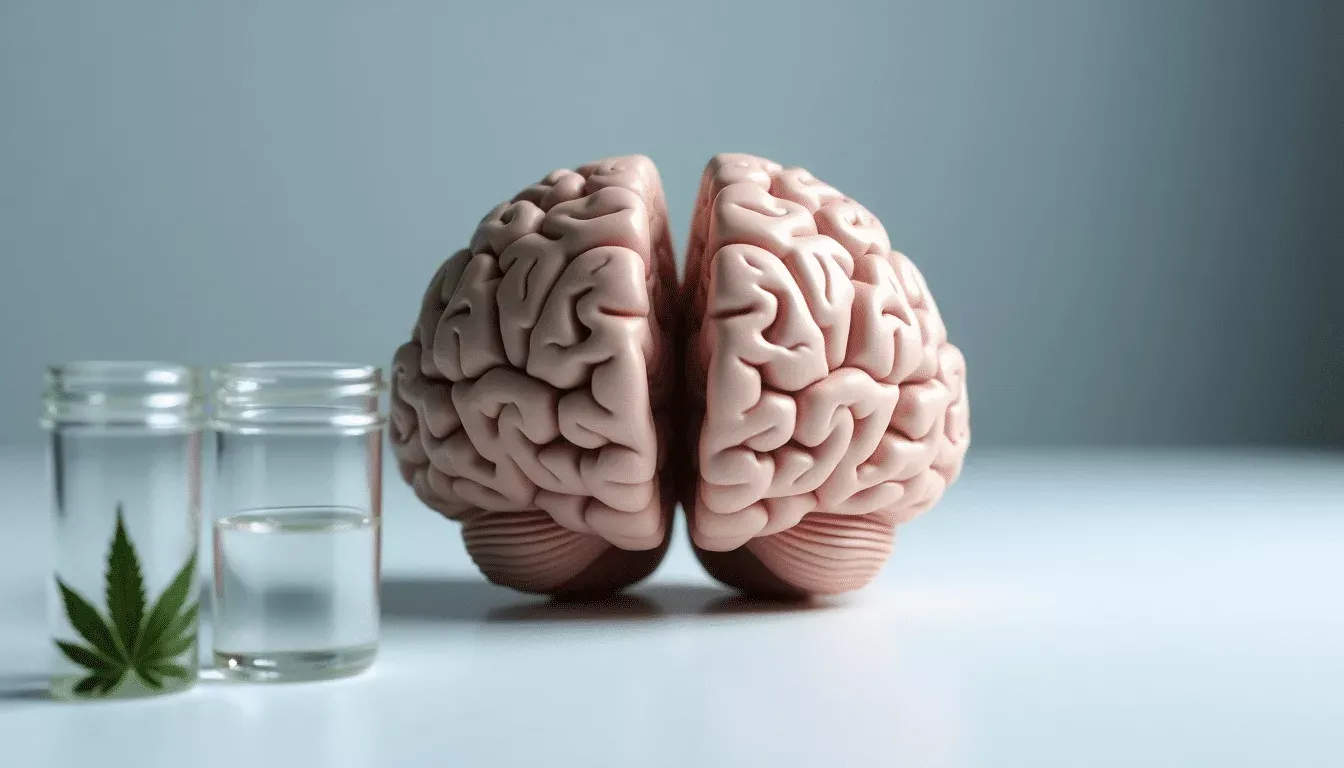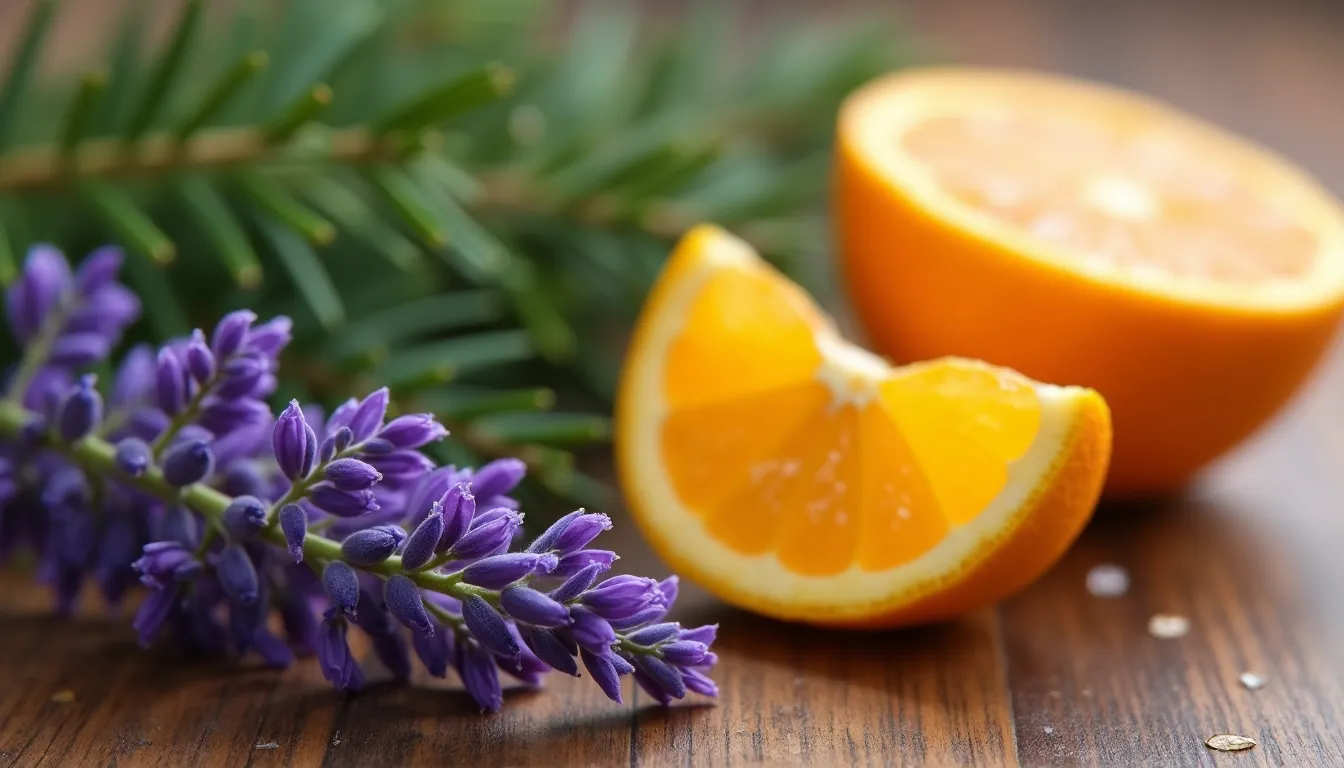What are the benefits of hemp flower
In recent years, hemp has swiftly moved to the forefront of wellness discussions, invoking both curiosity and controversy. While historically overshadowed by its more famous cousin, marijuana, hemp flower has carved out its niche, showcasing a myriad of benefits that appeal to a broad audience. The interest surrounding hemp flower isn’t just hype; it’s about realizing the full potential of a plant that’s been with us for ages. In this article, we’ll delve into the fascinating world of hemp flower, explore its distinct advantages, and offer actionable insights for those looking to incorporate it into their lives.
Understanding Hemp Flower: Beyond the Basics
Hemp flower, also known as CBD flower, is derived from the adult female hemp plant. Unlike marijuana, it contains high levels of cannabidiol (CBD) and minimal quantities of tetrahydrocannabinol (THC), the compound responsible for the “high” sensation. Legally, hemp is defined as having less than 0.3% THC, making it a non-intoxicating choice for those who wish to reap the benefits of cannabis without experiencing psychoactive effects.
Historically, hemp has been cultivated for its fiber, seeds, and oil. However, the increased popularity of CBD has brought the flower into the spotlight. It’s essential to comprehend that hemp flower can be processed in multiple ways—smoking, vaporizing, or using it in oils and edibles are just a few of the options. Each method highlights different aspects of hemp flower’s properties, making it a versatile choice for a broad range of consumer needs.
Benefits of Hemp Flower: Nature’s Gift
One of the most celebrated benefits of hemp flower is its potential to aid in stress reduction and offer relaxation. Research suggests that CBD can interact with the body’s endocannabinoid system, which plays a role in regulating mood, appetite, and sleep. An external study found a significant correlation between CBD use and reduced anxiety levels, further supporting the calming properties attributed to hemp flower.
In addition to stress relief, hemp flower has been noted for its anti-inflammatory properties. Many users report that it provides relief from chronic pain conditions, such as arthritis and fibromyalgia. This is largely due to CBD’s ability to influence various receptors in the brain and body, leading to reduced inflammation and pain sensation.
Furthermore, hemp flower is lauded for its potential to improve sleep quality. Many individuals turn to it as a natural alternative to over-the-counter sleep aids, precisely because it addresses underlying issues like stress and pain, which often disrupt peaceful slumber. By promoting relaxation, hemp flower can assist in facilitating a restful night’s sleep, ensuring individuals wake up feeling refreshed.
Practical Tips for Using Hemp Flower
If you’re considering trying hemp flower, there are a few practical considerations to ensure you derive the maximum benefit. First, determine how you want to use it. If you prefer quick effects, smoking or vaporizing might be your best options, as these methods allow rapid absorption of CBD into your bloodstream. However, if you’re seeking discretion, perhaps tinctures or edibles made from hemp flower would better suit your lifestyle.
Secondly, pay attention to the source of your hemp flower. Given the market’s growth, it’s crucial to purchase from reputable suppliers who provide third-party testing and transparency about their products. This step ensures you receive a product that aligns with legal standards and possesses the promised cannabinoid content.
Additionally, starting with a low dose is always advisable, especially if you’re new to CBD products. Gradually increase your dosage to find the balance that suits your individual needs. Remember, everyone’s body reacts differently to CBD, and what works for one person may not work for another.
Conclusion: Embracing the Potential of Hemp Flower
Hemp flower represents a remarkable intersection of nature and wellness, offering individuals a complementary route to enhancing their quality of life. Its myriad of benefits, from alleviating anxiety and stress to promoting better sleep, makes it a compelling choice for those seeking natural remedies. However, as with any wellness product, staying informed and cautious pays dividends, ensuring you get the most out of your hemp flower experience.
As you explore the possibilities that hemp flower can bring to your life, we invite you to share your experiences, broaden your understanding by engaging with related content, and consider the steps mentioned to integrate this botanical marvel into your regimen. Let curiosity guide you as you step into the world of hemp flower, unveiling yet another gift from nature.
FAQ: Benefits of Hemp Flower
What are the primary benefits of using hemp flower?
The primary benefits of using hemp flower include potential pain relief, reduced anxiety, improved sleep quality, anti-inflammatory properties, and potential neuroprotective effects. These benefits largely stem from the cannabinoids and terpenes present in hemp.
How does hemp flower affect anxiety and stress levels?
Hemp flower is known to contain CBD, which can interact with the body’s endocannabinoid system to potentially reduce anxiety and stress levels, promoting a sense of calm and relaxation without psychoactive effects.
Can hemp flower improve sleep quality?
Yes, hemp flower may improve sleep quality by helping to relax the mind and body. The calming effects of CBD in hemp can contribute to falling asleep more easily and achieving a deeper, more restful sleep.
Is hemp flower effective for pain management?
Hemp flower may be effective for pain management due to its anti-inflammatory properties and ability to modulate pain perception through its interaction with the body’s endocannabinoid system. It can be beneficial for chronic pain and muscle soreness.
What are the potential neuroprotective benefits of hemp flower?
Hemp flower’s potential neuroprotective benefits are linked to its antioxidant and anti-inflammatory properties, which may help protect brain health and support cognitive function. Research suggests it may be helpful in conditions like epilepsy and neurodegenerative diseases.
Share this content:



